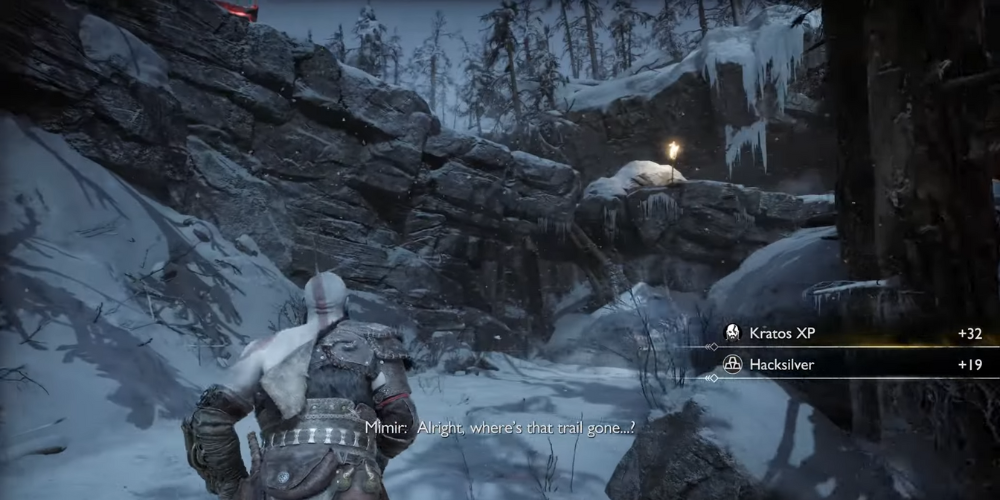
God of War Ragnarök is not just a continuation of its predecessor's gripping storyline and intense gameplay. This latest installment in the God of War series delves even deeper into the rich tapestry of Norse mythology, bringing to life the legends that have fascinated humans for centuries. In this analysis, we explore how Ragnarök uses these myths to enhance the player experience and deepen the narrative, making it a seminal game in the action-adventure genre.
Overview of God of War Series
God of War is a series of action-adventure games developed by Santa Monica Studio and published by Sony Interactive Entertainment. Originally grounded in Greek mythology, the series underwent a transformative shift with the 2018 title, moving its focus to the Norse pantheon. This transition was not just a change in scenery but also a reframing of the series' central character, Kratos, from a man driven by vengeance to a father navigating the complexity of parental responsibilities in a world of gods and monsters.
The Integration of Norse Mythology
The narrative structure of God of War Ragnarök is heavily influenced by Norse mythology. The game does not simply use the mythological framework for its characters and settings but integrates these elements into the very fabric of its gameplay and story development. This approach offers a rich narrative depth, allowing players to experience firsthand the myths that shape the world of the Norse gods.
Mythological Characters
.png)
Central to the experience is the portrayal of the Norse gods. Unlike the traditionally stoic and aloof depictions in classical literature, Ragnarök presents gods like Odin, Thor, and Freya as complex characters with motivations, strengths, and weaknesses. This reimagining adds a layer of relatability and depth, making interactions with these divine beings a key driver of the storyline.
The Realm of Midgard
In God of War Ragnarök, Midgard isn't just a setting—it's a living, breathing component of the story. The game presents an expansive world that players can explore, steeped in the atmospheric elements that define Norse mythology. From the towering World Tree, Yggdrasil, to the mysterious and foreboding realms it connects, each location is meticulously crafted to reflect its mythological inspiration.
Ragnarök and the Apocalypse
Ragnarök, in Norse mythology, is the end of the world—an apocalyptic battle that results in the death of many gods. In the game, this prophetic event serves as both a narrative climax and a constant underlying tension throughout the story. This incorporation of an apocalyptic prophecy does an excellent job of setting the stakes and driving the narrative forward, providing a backdrop of impending doom that enhances every action and decision.
The Game's Approach to Storytelling
.png)
The game’s narrative strategy is steeped in the traditions of oral storytelling, a crucial element of Norse cultural heritage. Through the skalds or bards—represented in the game by characters like Mimir and the giantess Angrboda—the game interweaves tales within tales, providing not just background lore but also foresight into the unfolding events, enriching the storytelling.
Cultural Themes and Moral Ambiguities
Norse mythology, with its emphasis on valor, fate, and the gray areas of morality, is fertile ground for the series' exploration of mature themes. God of War Ragnarök explores these through its morally complex characters and their decisions. Kratos himself embodies this complexity, as his violent past clashes with his present role as a father and mentor to Atreus, who is coming of age amidst these tumultuous events. This duality enriches the narrative, providing a layered experience that goes beyond mere combat and exploration.
Mythological Accuracy and Artistic License


While God of War Ragnarök takes certain creative liberties with Norse lore, these adaptations are generally done with the intent of enriching the game’s narrative or gameplay. The creative team behind Ragnarök went to great lengths to respect the source material while crafting a story that fits neatly within the God of War universe. This balancing act shows the potential for modern adaptations to respect and reinterpret ancient myths to suit contemporary audiences.
Conclusion: The Cultural Impact of God of War Ragnarök
God of War Ragnarök is not just a testament to the enduring appeal of Norse mythology but also an example of how ancient stories can be transformed into modern epic narratives. Through its thoughtful integration of mythological elements, the game offers a deep, engaging world that goes beyond the surface-level thrill of action-adventure gameplay. It invites players not just to witness but to participate in stories that have captivated human imagination for millennia, all while exploring themes of family, fate, and the nuances of right and wrong in a morally ambiguous world.
In this way, God of War Ragnarök is more than just a game. It is a bridge between past and present, a narrative vessel that carries the weight of ancient myths into the hands of contemporary players, allowing them to explore these age-old narratives in new and profound ways.






Leave a comment
Your comment is awaiting moderation. We save your draft here
0 Comments